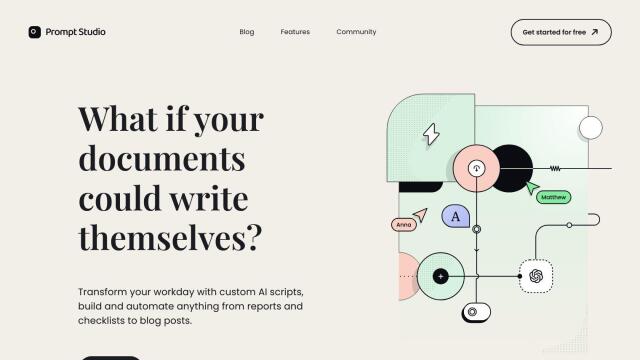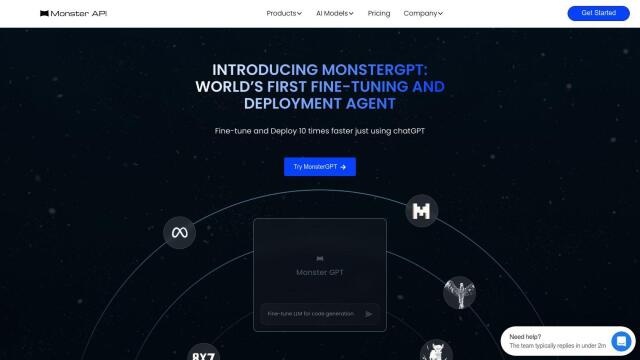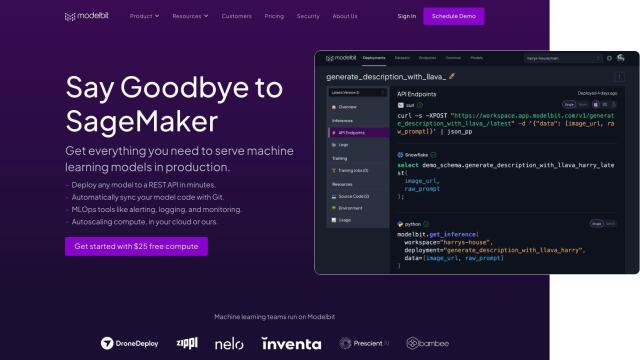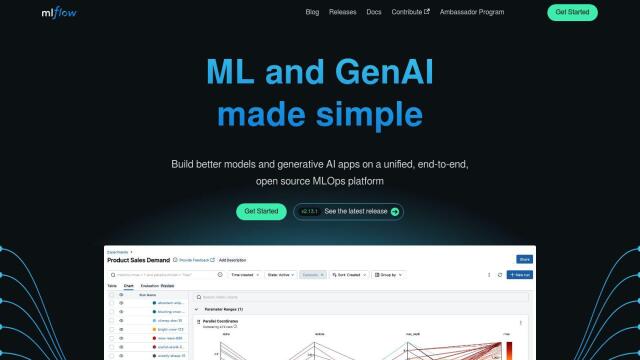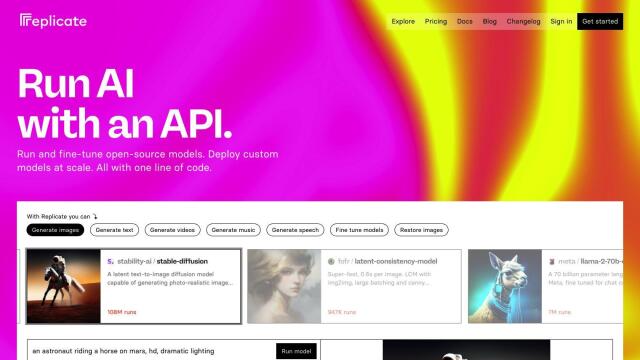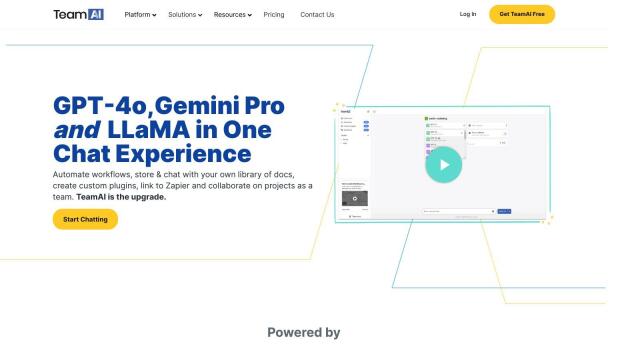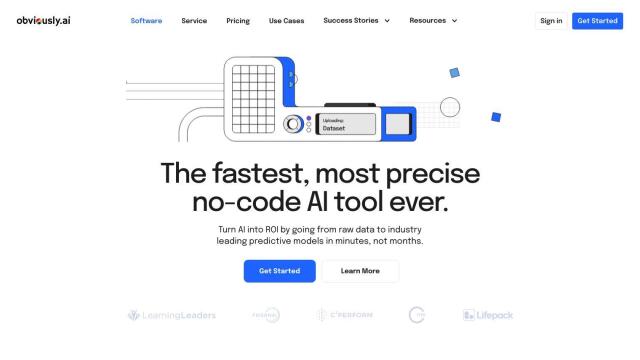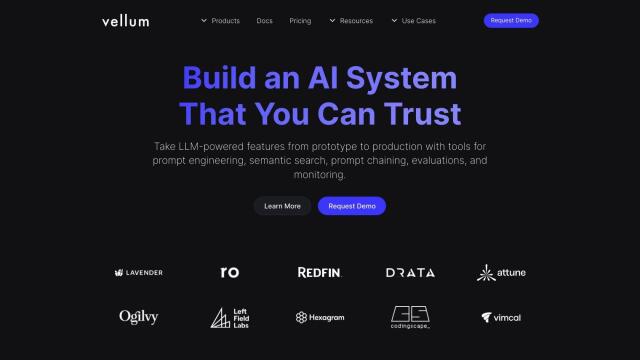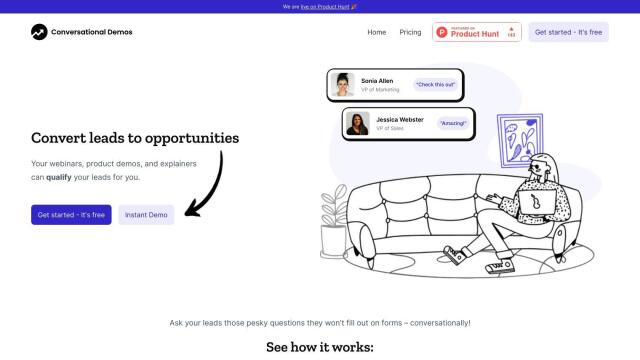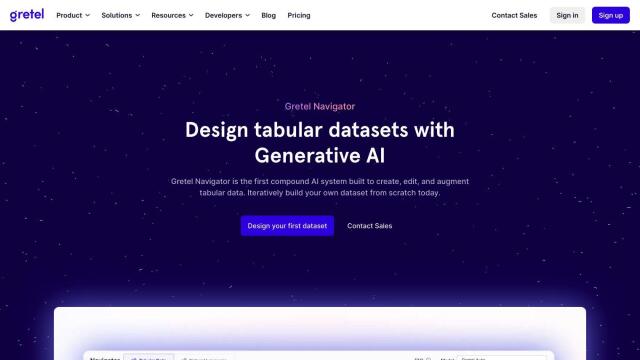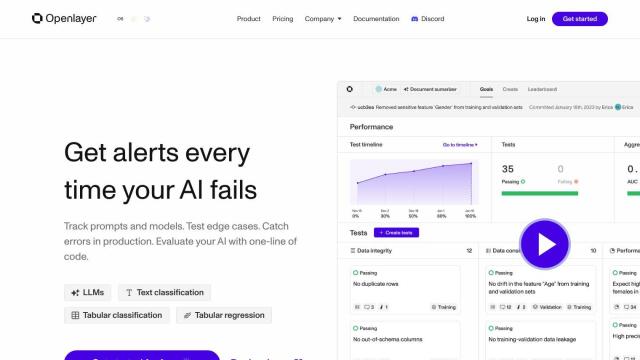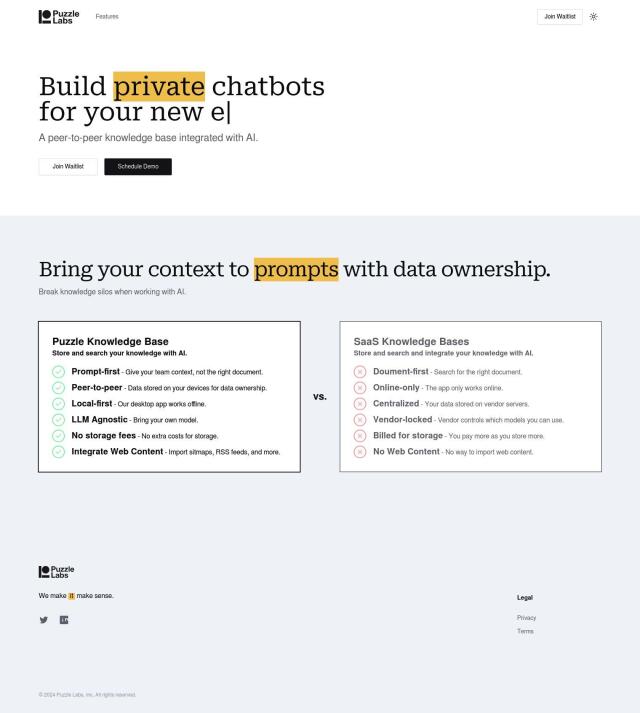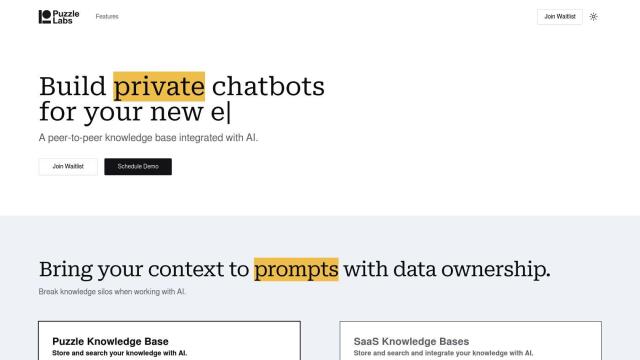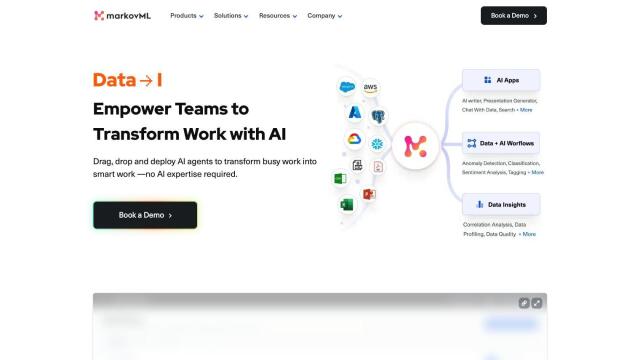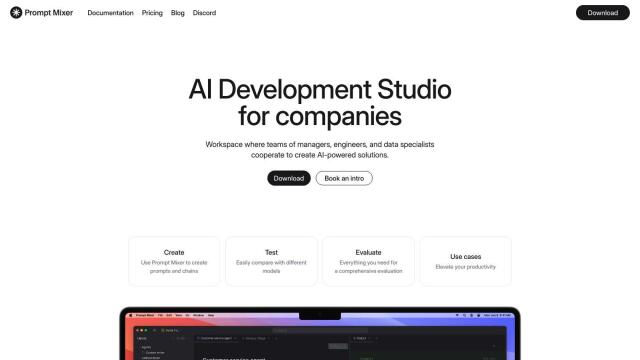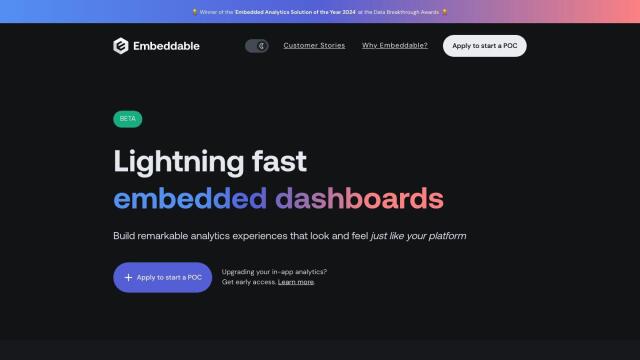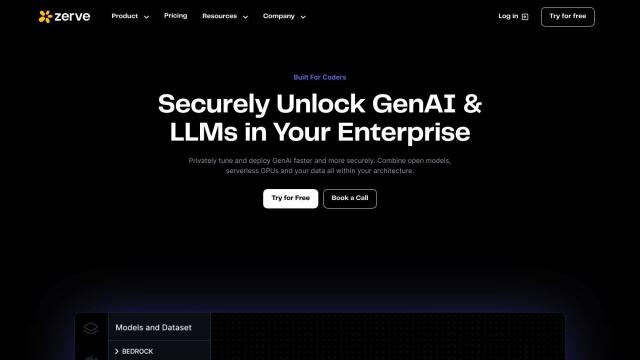Question: I need a way to easily share my machine learning models with others, can you suggest a tool that lets me create interactive demos?
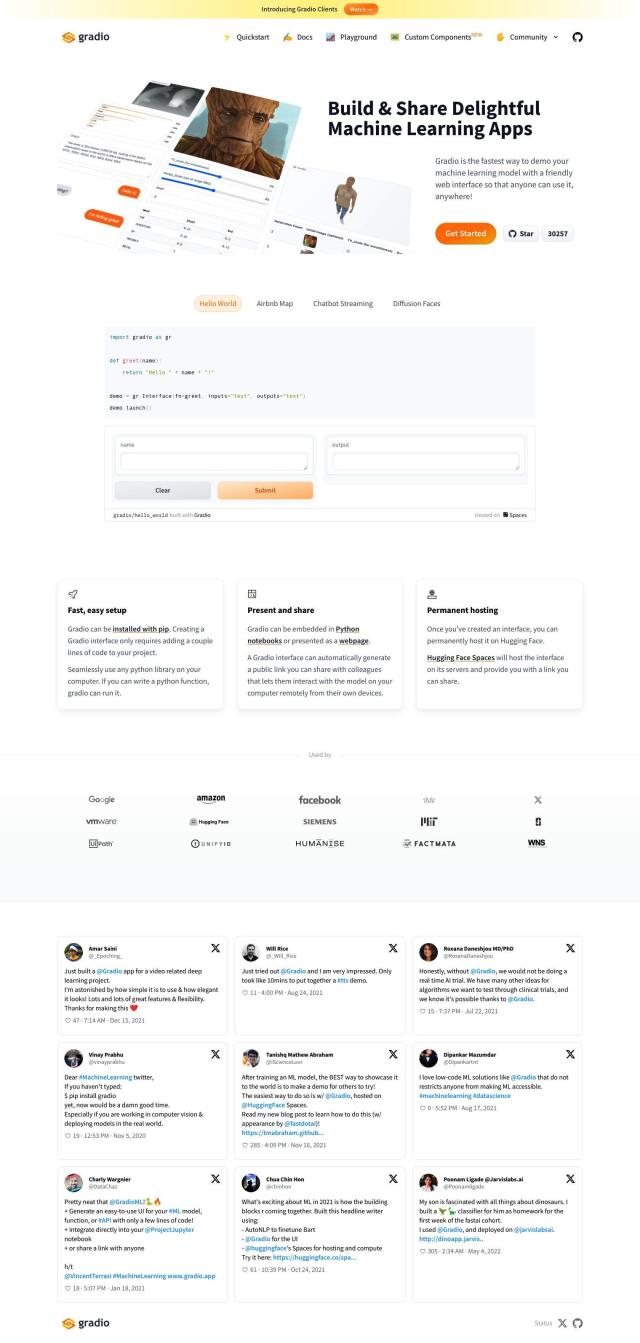
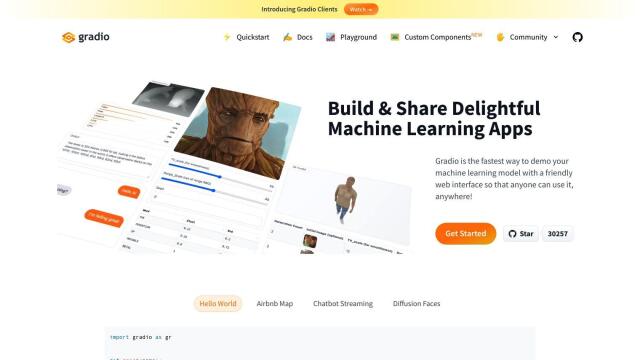
Gradio
For building interactive demos of your machine learning models, Gradio is a great option. This Python library converts Python functions into web-based demos with an intuitive interface. It accommodates a wide range of input and output formats and has more than 30 pre-built components, so you can build and share interactive apps even if you don't have deep web programming skills. Gradio can run in Jupyter notebooks, Google Colab and local environments, and you can share demos with public URLs.

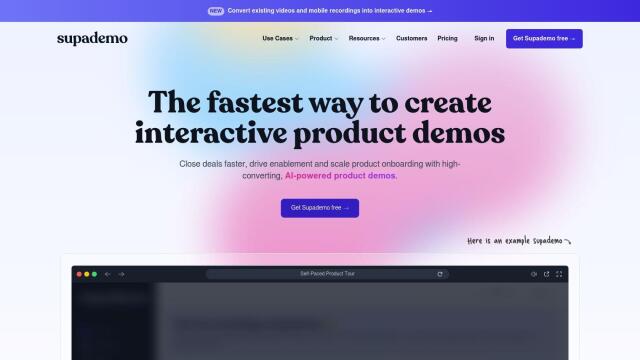
Supademo
Another option is Supademo, an AI-powered platform that converts static demos into interactive experiences. With tools like synthetic AI voiceovers, automated text annotations and dynamic variables, it's well suited for customer success, sales enablement and internal training. Supademo can be shared through different channels and has analytics to measure demo performance, so it's a powerful way to drive product adoption and user engagement.

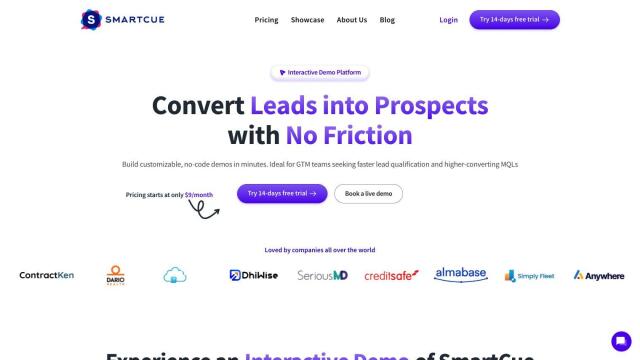
SmartCue
If you're looking for a no-code option, SmartCue offers customizable, interactive demos for go-to-market teams. It lets you record demos with one click, personalize them and share them through embeddable guides or public links. SmartCue integrates with tools like Hubspot and Salesforce to help with demo prep, lead qualification and onboarding. The platform can help you reduce demo creation time and increase ROI.

